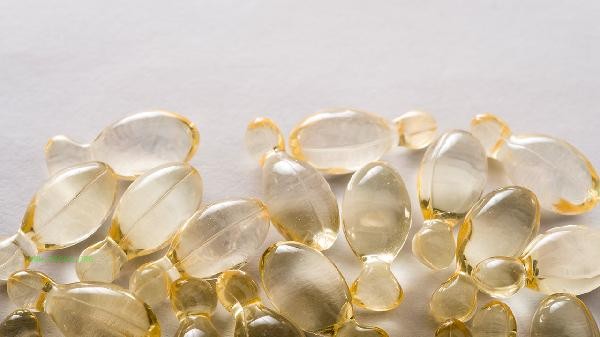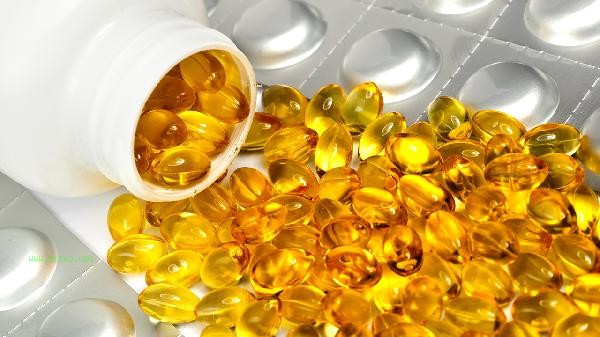Supplementing with vitamin D and DHA can be done simultaneously, and both play different physiological roles in the human body. Vitamin D mainly promotes calcium absorption and bone health, while DHA helps with brain and vision development. Whether it is necessary to supplement at the same time depends on factors such as age, dietary structure, and health status.

Vitamin D is a fat soluble vitamin that is activated by sunlight exposure or food intake, and plays a key role in maintaining blood calcium balance and immune regulation. Infants, pregnant women, elderly people, and those with insufficient sunlight are prone to vitamin D deficiency and need to obtain it through fortified foods or supplements. Deep sea fish, egg yolks, and fortified dairy products are natural sources, but it is recommended to supplement them under the guidance of a doctor when daily diet cannot meet the needs. DHA belongs to Omega-3 fatty acids and is an important component of nerve cell membranes. The demand for DHA is high from fetal to infant stage. Breast milk, algae oil, salmon and other foods are rich in DHA, but vegetarians or those with insufficient fish intake may need to supplement it additionally. Special populations such as premature infants and children with delayed cognitive development need to pay more attention to DHA intake.
Vitamin D and DHA have no conflict in metabolic pathways, and combined supplementation has synergistic benefits for specific populations. Simultaneous supplementation for pregnant women can reduce the risk of premature birth, while combined supplementation for children can help promote synchronous development of bones and nerves. However, excessive supplementation may cause vitamin D accumulation toxicity or DHA related bleeding tendency, and the dosage needs to be adjusted based on serum test results. Individuals with underlying diseases such as chronic kidney disease and hypercalcemia should consult a doctor to develop personalized plans.

Two nutrients can be obtained simultaneously through a balanced diet in daily life, such as consuming deep-sea fish 2-3 times a week, choosing vitamin D fortified milk with nuts. When choosing supplements, prioritize products with dosage labeling to avoid repeated intake of the same ingredients. Regularly monitor the levels of 25 hydroxyvitamin D and Omega-3 in the blood, and breastfeeding women are advised to adjust their DHA supplementation levels through professional evaluation. Maintaining moderate outdoor activity can promote the synthesis of vitamin D in the skin and also contribute to the bioavailability of DHA.




Comments (0)
Leave a Comment
No comments yet
Be the first to share your thoughts!